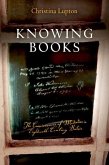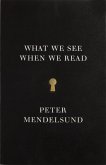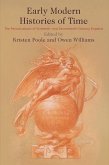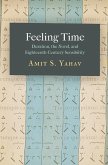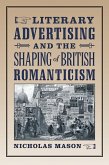Concealed in rows of carefully restored volumes in rare book libraries is a history of the patterns of book collecting and compilation that shaped the literature of the English Renaissance. In this early period of print, before the introduction of commercial binding, most published literary texts did not stand on shelves in discrete, standardized units. They were issued in loose sheets or temporarily stitched-leaving it to the purchaser or retailer to collect, configure, and bind them. In Bound to Read, Jeffrey Todd Knight excavates this culture of compilation-of binding and mixing texts, authors, and genres into single volumes-and sheds light on a practice that not only was pervasive but also defined the period's very ways of writing and thinking. Through a combination of archival research and literary criticism, Knight shows how Renaissance conceptions of imaginative writing were inextricable from the material assembly of texts. While scholars have long identified an early modern tendency to borrow and redeploy texts, Bound to Read reveals that these strategies of imitation and appropriation were rooted in concrete ways of engaging with books. Knight uncovers surprising juxtapositions such as handwritten sonnets collected with established poetry in print and literary masterpieces bound with liturgical texts and pamphlets. By examining works by Shakespeare, Spenser, Montaigne, and others, he dispels the notion of literary texts as static or closed, and instead demonstrates how the unsettled conventions of early print culture fostered an idea of books as interactive and malleable. Though firmly rooted in Renaissance culture, Knight's carefully calibrated arguments also push forward to the digital present-engaging with the modern library archives where these works were rebound and remade, and showing how the custodianship of literary artifacts shapes our canons, chronologies, and contemporary interpretative practices.
Dieser Download kann aus rechtlichen Gründen nur mit Rechnungsadresse in A, D ausgeliefert werden.



